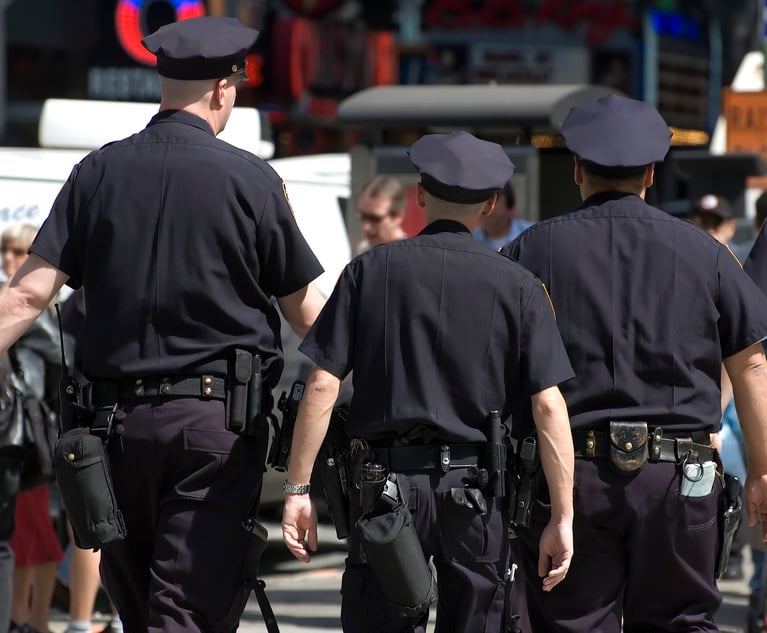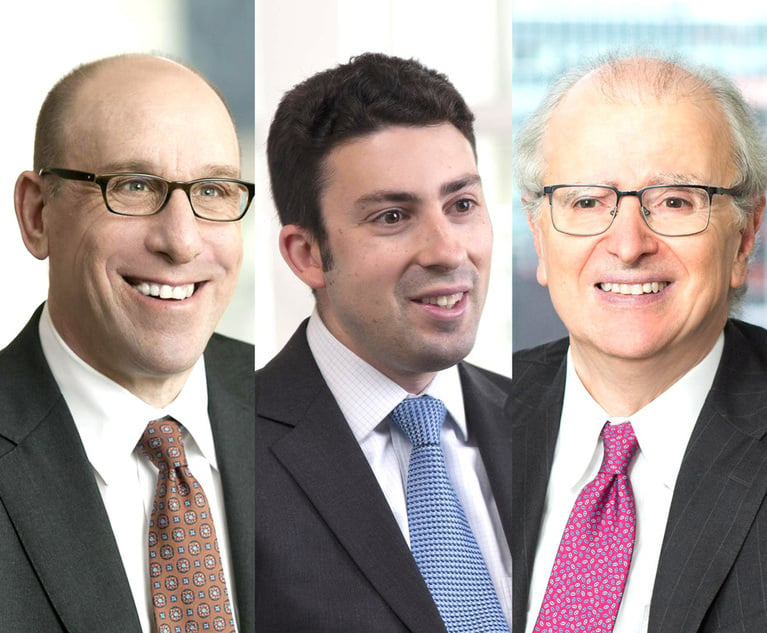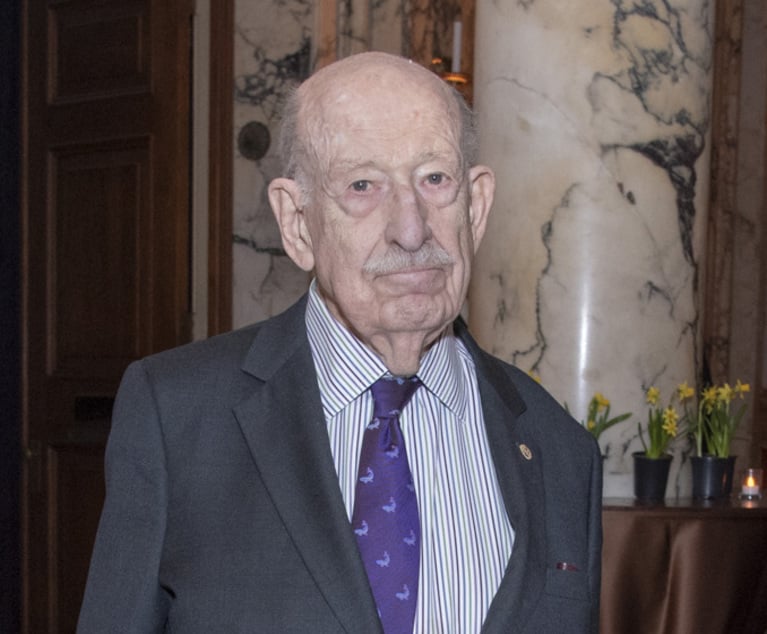The country is in the midst of a crisis in size and scope not seen since 1918, and the medical community is on the front lines protecting and helping the public. To successfully navigate this dangerous and unprecedented environment, incredible measures must be taken. There is no vaccine to stop the spread of this deadly virus and no medicine to provide a simple cure. There are not enough tests. There is not enough personal protective equipment for medical personnel. There are not enough ventilators, hospital beds, and staff to handle the mounting crisis. In fact, Gov. Andrew Cuomo sent out a call to ask retirees and health care workers from around the country to come to New York to treat its patients, and thousands have answered that call. Field hospitals have been set up in Central Park and at the US Open Tennis Center. The naval hospital ship, the USNS Comfort arrived in New York on March 30, 2020 to help with the lack of available beds. Moreover, all elective surgeries and procedures have been cancelled to increase the number of beds available for COVID-19 victims. With all these challenges, the medical community is nonetheless doing an extraordinary job, putting themselves at risk, to protect, serve and care for their fellow citizens. In turn they certainly deserve our gratitude and protection.
Recognizing this, on March 23, 2020, Governor Cuomo used his authority under New York’s Disaster Act to immunize health care workers from liability from lawsuits alleging ordinary negligence, while assisting New York’s response to the COVID-19 pandemic (see Executive Order 202.10). This effort was hailed as an appropriate response to the COVID-19 crisis. See, e.g., Thomas A. Moore and Matthew Gaier, “COVID-19: Gov. Cuomo’s Executive Order and Other Legal Measures,” NYLJ (March 30, 2020). Shortly thereafter, the Legislature adopted the spirit of Executive Order 202.10 and codified it by amending the Public Health Law to immunize physicians, nurses, hospitals, nursing homes, administrators, board members and other health care workers from claims of ordinary negligence. See Public Health Law §3082. The statute took effect immediately upon its enactment and applies retroactively with regard to any acts or omissions that took place on March 7, 2020 and will continue in effect until the COVID-19 crisis abates.


 Photo: Kira_Yan/Shutterstock.com
Photo: Kira_Yan/Shutterstock.com




